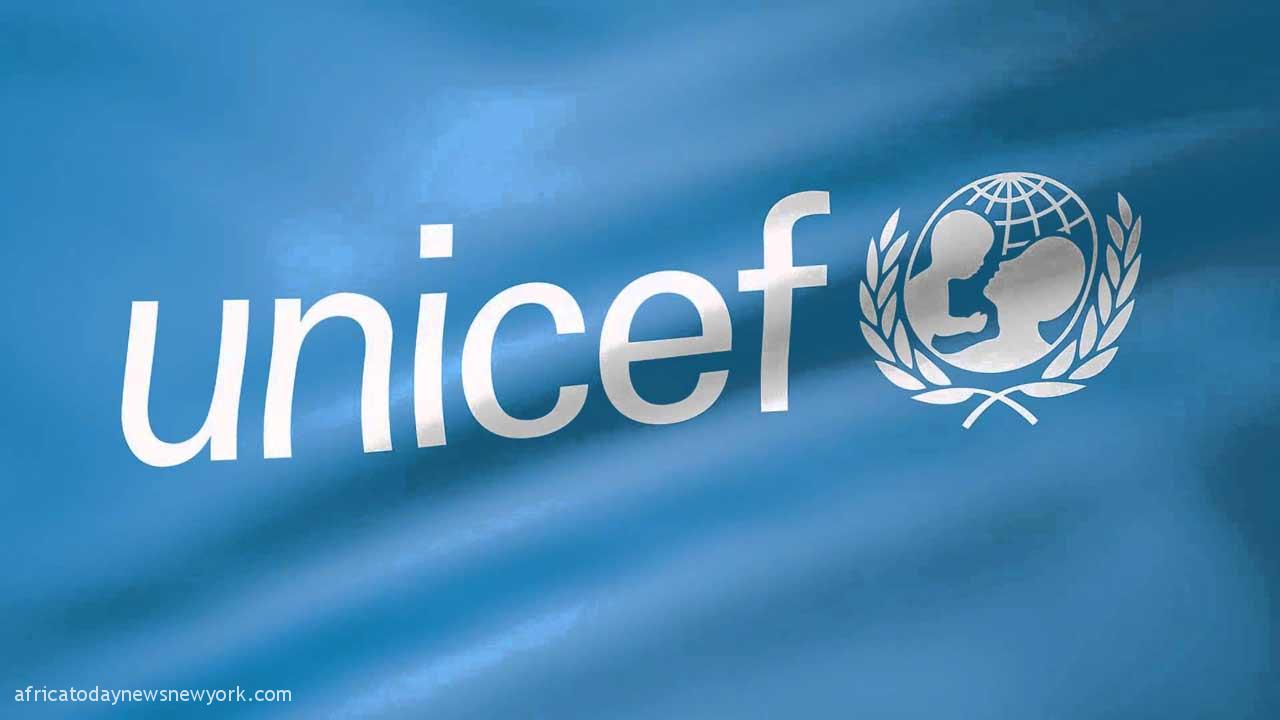In a bid to eradicate factors hampering girl child education in some States in Nigeria, the United Nations Children Education Fund, UNICEF, has made moves to curtail the issues with out of school children while focusing their attentions in the Northwestern region which have poverty, cultural norms and violence, while warning that Kano and Katsina have the highest numbers.
An Education Specialist with the United Nations Children Fund (UNICEF), Dr. Muntaka Mukhtar said about 536,132 children are not in school in Katsina State.
He, however, explained that about 300,001 girls enrolled in basic schools in Katsina State as a result of the state government’s effort to address the challenge of girls not gaining any form of education.
Read Also: Security In Schools: UNICEF And Partners To Build SBMC Capacity
Mr. Mukhtar revealed this on Wednesday in Katsina during a media dialogue on Girl’s Education Project organised for journalists.
He explained that “One out of five of the world’s out-of-school children is in Nigeria, while 536,132 out of school boys and girls are in Katsina State.
“This data is not from UNICEF but the country’s Universal Basic Education Commission (UBEC).
“Girls’ education goes beyond getting girls into school, It includes ensuring girls learn and feel safe while in school.
“Having the opportunity to complete all levels of education, acquiring the knowledge and skills to compete in the labour market.
“Gaining socio-emotional and life skills necessary to navigate and adapt to a changing world making decisions about their own lives.
“And also contributing to their communities and the world.”
He added that girls often lag in school attendance, alleging that common gender norms in communities continue to put girls at a disadvantage, leading them to drop out of school at higher rates.
He said such norms also push parents to prioritize the education of their sons over their daughters, forcing them into child marriage.
Mukhtar explained that “Every day, girls face barriers to education caused by poverty, cultural norms, poor infrastructure, violence and fragility.
“We need to prioritise education for girls, better educated women tend to be more informed about nutrition and
healthcare, have fewer children and marry at a later age.“Educated girls are better equipped to become healthier, more prosperous adults, with smaller families and children who are less at risk of illness and death and more likely to succeed.
Speaking on earnings and standards of living, Muktar said women with a primary education earn 14 per cent to 19 per cent more than women with no education at all.
“And those with secondary education earn almost twice as much.
On child marriage and early childbearing, he said eliminating child marriage holds the potential to reduce by 75 per cent, the risk of early childbearing for the girls.
“It also improves their sense of psychological well-being, reduces the risk of partner violence, under-five mortality and malnutrition among their children.
The dialogue was organised by the Katsina State Universal Basic Education Board (SUBEB) in collaboration with UNICEF.
